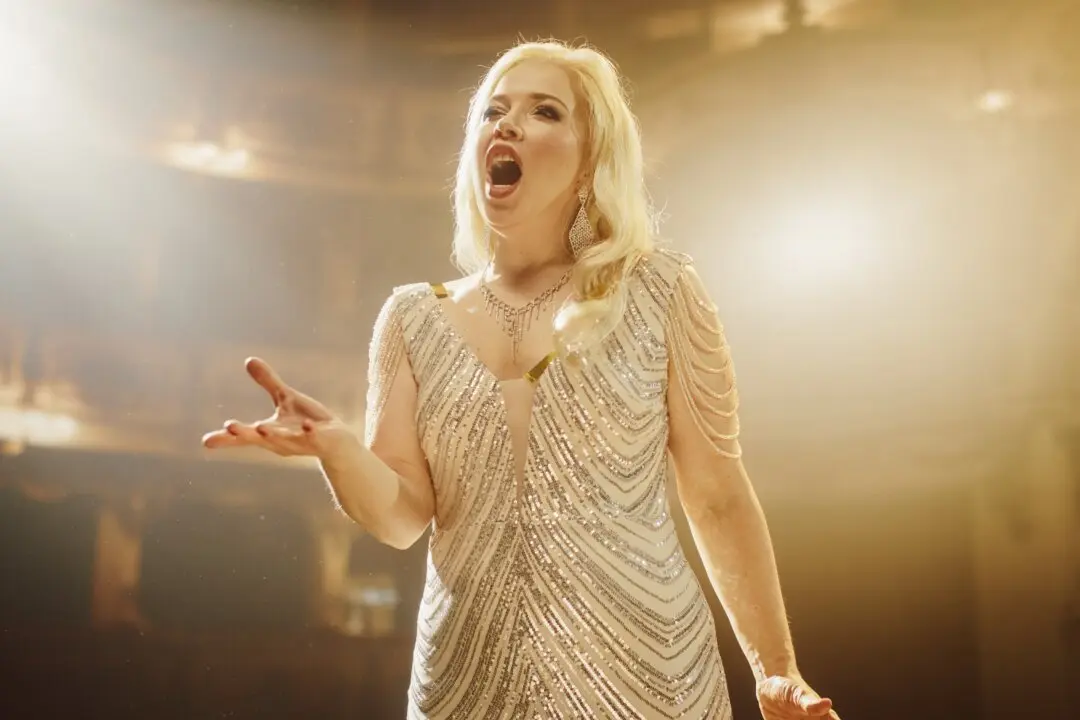Commentary
“The Bride Goes Wild” is an unfortunate name for a great movie. This 1948 romantic comedy stars Van Johnson and June Allyson in their third of five movie pairings. It really isn’t about a bride for most of the movie, and she certainly doesn’t go wild. Based on lead couple’s characters, “Uncle Bumps and the Schoolteacher” would have been a very fitting title. I can see why MGM didn’t use that name, though.





